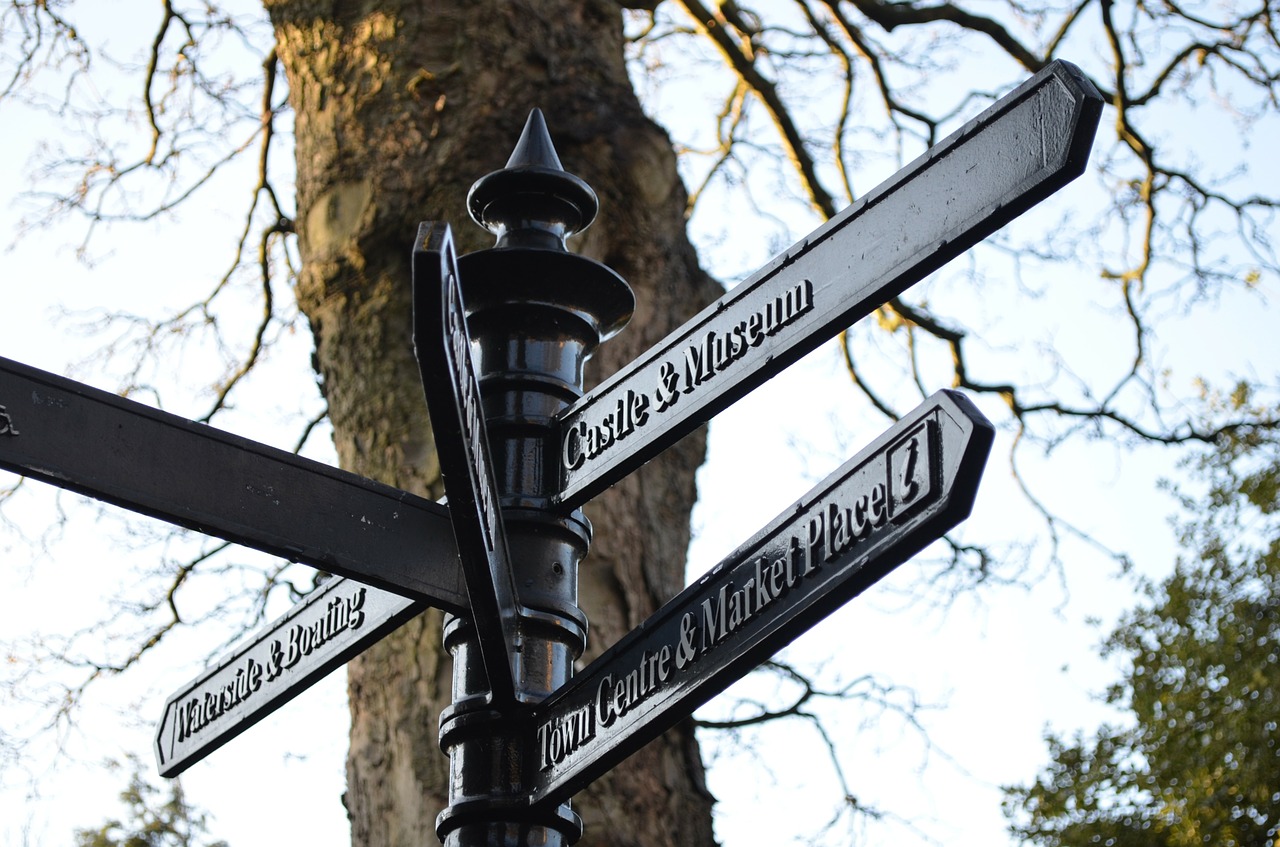Alternatives to A-Levels
- Last updated 25 Sep 2018

With a whole slew of new post-16 qualifications and options gracing our British shores, it has become clear that A-levels aren’t for everyone.
Whether you prefer something more vocational or something more academic, there’s a good range of alternatives out there, such as jobs and further study.
So what are your options? We’ve put together a guide to some of the main alternatives to A-levels…
Advanced Apprenticeship
What is it?
An Advanced Apprenticeship is a period of training you undertake whilst working for an employer. As an apprentice, you will complete qualifications and develop skills through on-the-job training with a company.
You will also undertake off-the-job training with a learning provider. Here’s the best bit: you will also get paid a salary.
Generally, you’ll need at least five GCSEs (grades A*-C) or equivalent; although there are some exceptions. If you haven’t got these grades, you might want to consider an Intermediate Apprenticeship.
If you want proof that this is a genuine alternative to A-levels, completing an Advanced Apprenticeship is the equivalent to gaining at least two A-level passes.
Leads to?
A job; a Higher Apprenticeship; further study.
Advantages: There are many Advanced Apprenticeships available and many companies retain apprentices after their apprenticeship. That means you can kill two birds with one stone: get qualifications and work experience, while getting paid.
Disadvantages: Apprenticeships aren’t available for all career paths, and completing A-levels and attending university might be a more direct route for certain jobs.
NVQ
What is it?
An NVQ (National Vocational Qualification) is what’s commonly referred to as a ‘competence-based’ qualification. Students are assessed ‘on-the-job’, where an NVQ assessor measures an individual’s performance when undertaking a particular process or task.
You might do an NVQ as part of an apprenticeship, alongside a part-time job or at college whilst doing a part-time work placement.
NVQs start out at Level 1 and go right up to Level 5. A NVQ at Level 3 is the equivalent to doing A-levels and from there you can go on to study for a higher qualification, such as a foundation degree, HND, HNC or undergraduate degree.
Leads to?
Apprenticeship; another job; further education; college or university place.
Advantages: Combines achieving a qualification with work experience. Assessed on the job. It’s a national qualification so tends to be recognised by most employers.
Disadvantages: Not suitable for those who want the most direct route to university or those looking for a more academic qualification.
BTECs
What is it?
BTECs are work-related qualifications. There are three main types: BTEC Firsts (a Level 2 qualification), BTEC Nationals (a Level 3 qualification) and BTEC Higher Nationals (a Level 5 qualification).
BTEC Nationals are the ones that are equivalent to A-levels, recommended for those who have achieved at least four A*-C grades at GCSE. There are over 250 qualifications to choose from covering a range of industries.
Unlike A-levels, BTEC Nationals are assessed through coursework rather than exams and focus on skills that are relevant to the workplace.
Leads to?
Job; apprenticeship; school leaver programme; college or university (subject to level completed), HNC or HND.
Advantages: Gives you workplace relevant education and knowledge.
Disadvantages: Not all universities accept BTECs. Not ideal for those who want a more academic focus.
International Baccalaureate
What is it?
On the other end of the spectrum is the International Baccalaureate (IB). Over 100 school and colleges offer it and it’s designed to provide wide-ranging education in a variety of subjects such as science, maths, the arts, languages, geography and history.
Unlike A-levels, it leads to a single qualification. There are core elements and six optional subjects. Points are awarded for each of these and added together. You need 24 points or more to get the full diploma, with 45 points being the maximum you can achieve.
Leads to?
University place; school leaver programme; Higher Apprenticeship; job.
Advantages: Very well respected qualification recognised by universities in over 100 countries.
Disadvantages: Not ideal for less academically-focused students.
Cambridge Pre-U Diploma
What is it?
Like the International Baccalaureate, this is another more academically rigorous alternative to doing A-levels. It’s another post-16 qualification, but it isn’t modular like A-levels and it doesn’t have compulsory components like the International Baccalaureate.
It was launched in 2008 and over 120 schools offer it. Students choose three principal subjects out of 27 and they can also take additional subjects and short courses. Alongside these, students also complete an independent research project and a global perspectives portfolio.
The grading scale is Pass, Merit and Distinction.
Leads to?
University place; school leaver programme; higher apprenticeship; job.
Advantages: Great for students who want to be academically challenged and study complex subjects in depth.
Disadvantages: Recognised by fewer universities (although most of the big universities in the UK accept it) than the IB and not as well established. Not ideal for those who want a more vocational education.
Read more:
What can I do with my A-levels?
Apprenticeships or A-levels?
A levels vs Tech Levels
More articles like this
- Apprenticeship CV Mistakes
- Apprenticeships in London: London Stock Exchange Apprenticeships Programme Opens Doors into the City
- Top Five Tips for a New Apprentice
- What is an Assessment Centre?
- How to Handle Parent and Peer Pressure When Choosing Your Career Path
- Science apprenticeships: what could I do?
- Sports apprenticeships: what could I do?
- Types of Apprenticeship
- Preparing for an Apprenticeship Interview
- Tech apprenticeships: what could I do?